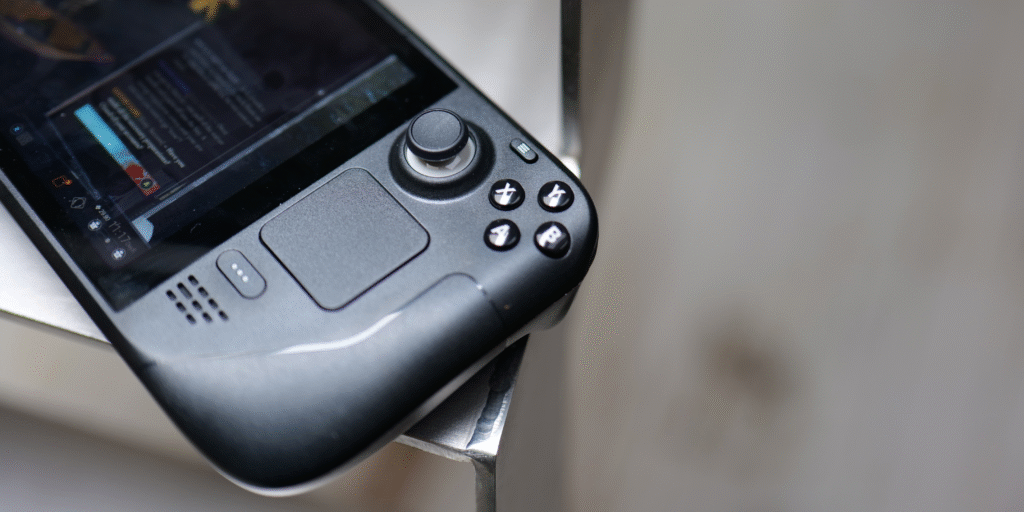

Lim May-Ann
Access Institute




One of the newest entries to the game console offerings available is Valve’s Steam Deck, introduced in Feb 2022. Joining the ranks of other consoles such as Nintendo Switch, the Steam Deck breaks with walled-garden convention, and allows users to play games not only from Valve’s Steam store, but also allows users install and play games from other ecosystems as well (via its Linux desktop feature.)
Sideloading software on a machine is not a new phenomenon – anyone who has run two (or more) operating systems on a PC will probably not be impressed. However, what makes the Steam Deck unusual is that it allows you to switch to Linux, download and install the non-Steam system game that you downloaded from a third party store – such as Itch.io – and then add the game to the Steam operating system to launch and run directly from the native OS without needing to switch back to the Linux interface.
While this is a break from game access convention where users can usually only purchase and load games from one ecosystem on a console, the Valve’s experiment is not without bugs, and therefore technical questions do arise with the Steam Deck’s security.
However, there are some benefits which may be derived if the purchase and use of the Steam Deck is examined:
If you would like to commission a briefing or workshop on new technologies such as the metaverse, gaming, AR/VR, or Web3 components such as distributed ledgers, blockchains, and tokenization, contact May-Ann at [email protected].

